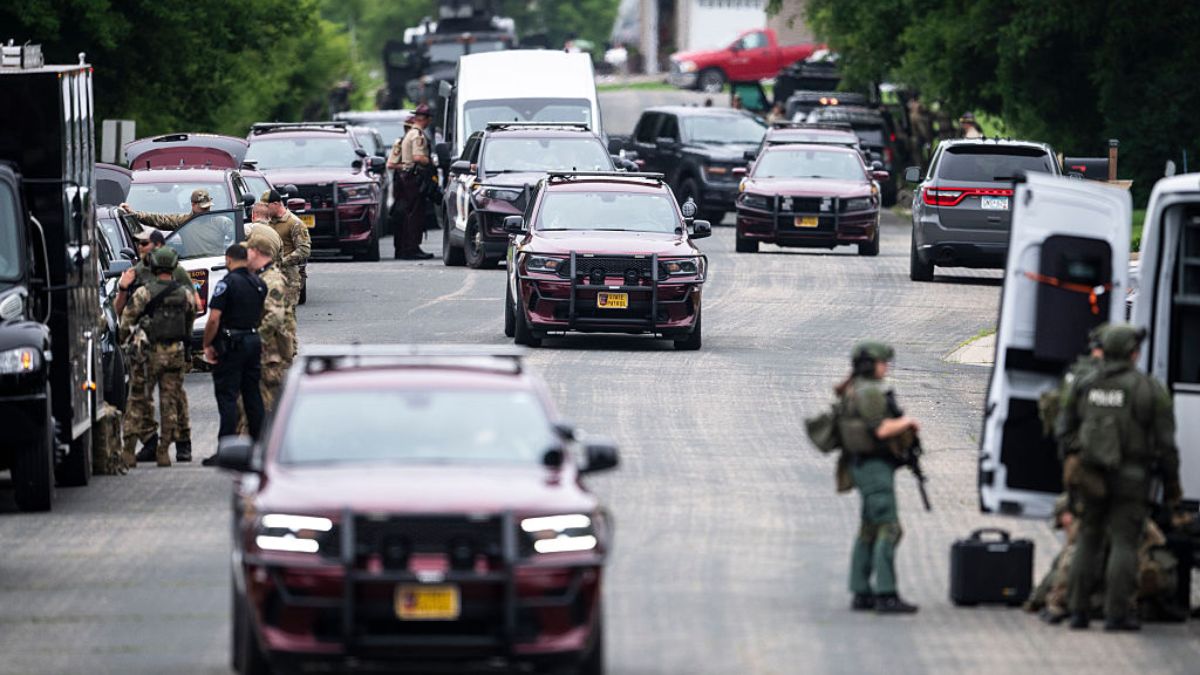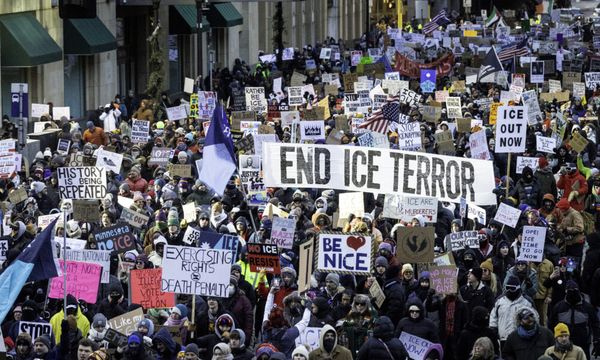
The weekend assassination of Minnesota Representative Melissa Hortman and her husband, along with the shooting of Senator John Hoffman and his wife, marks another tragic episode of political violence in America. The incident has sparked a wave of conspiracy theories and misinformation across social media platforms, similar to those that happened after Trump’s assassination attempt.
Following the attacks, police apprehended the suspect, who was later identified as an ordained Christian minister with a history of overseas missionary work. Investigators discovered a list of potential targets, including Democrats who support abortion rights and Planned Parenthood clinics.
According to MSNBC, during the 2024 presidential campaign, former President Donald Trump, who has a history of inflammatory statements, referred to Democrats as ‘the enemy within’,” warning that they were “dangerous” and “evil.” This rhetoric appears to have contributed to a climate where three-quarters of Republicans, who believe Trump won the 2020 election, view Democrats as “downright evil.”
Political violence continues to rise across the United States
The Minnesota shootings add to a growing list of politically motivated attacks across the country. In 2025 alone, over 170 incidents of threats or harassment against local officials were reported across more than three dozen states. Notable incidents include two assassination attempts on former President Trump, a firebombing at Pennsylvania Governor Josh Shapiro’s home, and the murder of United Healthcare’s CEO in Manhattan.
That’s gross to label the Minnesota assassinations as left-wing. Remember, Horowitz and everyone at the Blaze are just propagandist, and everything they write or say is in service to those who pay them. They aren’t journalist and have no ethical code. Even Dan doesn’t believe it. pic.twitter.com/PcpN8VYQHY
— TheDevilsBootjack (@magnusdeackeepr) June 16, 2025
Right wing social media figures were quick to spread false narratives about the Minnesota shootings. Mike Cernovich suggested on X that Governor Tim Walz had “unleashed an assassin,” while Elon Musk faced criticism for erroneously blaming the “far left” for the killings. However, according to a close friend who spoke with NBC affiliate KARE, the suspect was actually a Trump supporter who deliberately targeted progressive and liberal candidates.
Some political leaders responded appropriately to the tragedy. Republican South Dakota Governor Larry Rhoden ordered flags to be flown at half staff at the State Capitol and emphasized that “violence has no place in our political system.” However, experts warn that continued inflammatory rhetoric from political leaders positions opponents as existential threats, potentially encouraging future violence.
The increase in political violence corresponds with a surge in hate crimes, terrorist violence, and threats against elected officials, judges, librarians, and school board members. Law enforcement officials emphasize that responding to political violence by blaming opponents is not only dangerous but also increases the risk of future attacks, making it crucial for political leaders to reject language that demonizes opposing parties while embracing democratic debate and dissent.







